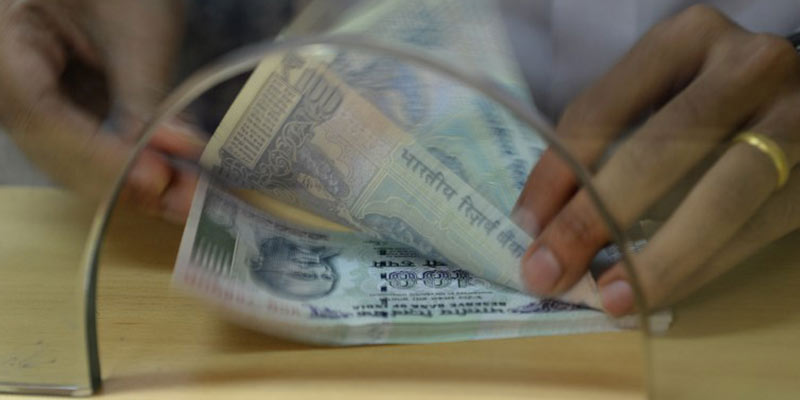- India
- Jun 11
What is tax devolution?
• The Centre authorised the release of tax devolution of Rs 1,39,750 crore to states for June.
• It was decided that apart from the regular release of the devolution amount for the month of June 2024, one additional instalment will be released.
• This cumulatively amounts to Rs 1,39,750 crore in the current month. This will enable state governments to accelerate development and capital spending.
• Currently, 41 per cent of taxes collected by the Centre is devolved in 14 instalments among states during a fiscal year.
• The Interim Budget 2024-25 has a provision of Rs 12,19,783 crore towards the devolution of taxes to states.
• With this release, the total amount devolved (for FY 2024-25) to states till June 10, 2024, is Rs 2,79,500 crore.
What is tax devolution?
• Tax devolution is the distribution between the Union and states of the net proceeds of taxes.
• The releases of states’ share (tax devolution) is as per the accepted recommendations of the Finance Commission for its award period.
• One of the core tasks of a Finance Commission as stipulated in Article 280(3)(a) of the Constitution is to make recommendations regarding the distribution between the Union and the states of the net proceeds of taxes from the divisible pool.
• The divisible pool is that portion of gross tax revenue which is distributed between the Centre and states. The divisible pool consists of all taxes, except surcharges and cess levied for specific purpose, net of collection charges.
• This is the most important task of any Finance Commission, as the share of states in the net proceeds of Union taxes is the predominant channel of resource transfer from the Centre to states.
• The sharing of revenue has provided states with sufficient stability of unconditional revenue to pursue their diverse development objectives.
What is the Finance Commission?
• The Finance Commission is constituted by the President under Article 280 of the Constitution, mainly to give its recommendations on distribution of tax revenues between the Union and the states and among the states themselves.
• The Fifteenth Finance Commission was constituted on November 27, 2017 against the backdrop of the abolition of the Planning Commission (as also of the distinction between Plan and non-Plan expenditure) and the introduction of the Goods and Services Tax (GST), which has fundamentally redefined federal fiscal relations.
• In November 2020, the Fifteenth Finance Commission, led by chairman N.K. Singh, submitted its report for the period 2021-22 to 2025-26 to the then President Ram Nath Kovind.
• In November 2023, the Union Cabinet cleared the Terms of Reference of the 16th Finance Commission to suggest the ratio for devolution of taxes between the Centre and states and also review financing disaster management initiatives, for five years beginning April 1, 2026.
• The panel will make its recommendations available by October 31, 2025, covering an award period of five years commencing on April 1, 2026.
Manorama Yearbook app is now available on Google Play Store and iOS App Store

